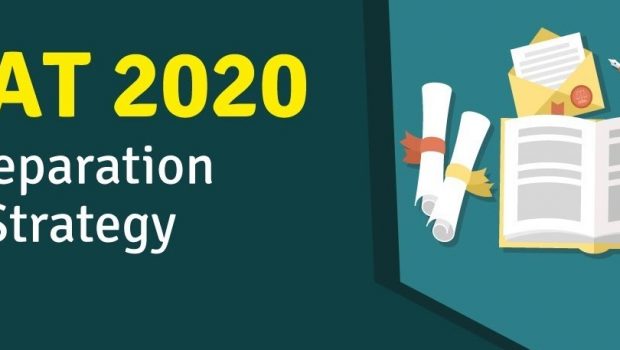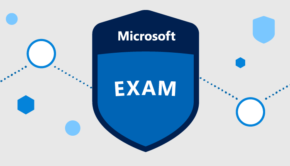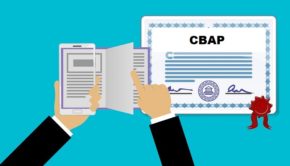CLAT Exam Preparation: A Fair Guidance
Common Law Admission Test (CLAT): a centralized test for admission to 21 Nationalised Law Universities in India. CLAT Exam is taken after 12th grade for admission in Undergraduates program in law and after graduation in law for Masters of Laws.
For LLB (UG Programmes)
CLAT is an online examination that comprises of a total 200 objective type questions. The details about the distribution of marks is provided in the tabular form:
Section Tested On | Number of Questions | Maximum Marks |
English | 41 | 40 |
Mathematics | 22 | 20 |
Logical Reasoning | 44 | 40 |
GK & Current Affairs | 51 | 50 |
Legal Aptitude | 52 | 50 |
Total | 210 | 200 |
For LLB (PG Programmes)
The Postgraduate Programme comprises of 150 questions.
Section Tested On | Number of Questions | Maximum Marks |
Jurisprudence | 50 | 50 |
Constitutional Law | 50 | 50 |
Topics like Contract, Torts, Criminal Law, International Law, IPR etc. | 50 | 50 |
Total | 150 | 150 |
Preparing English for CLAT Exam
Many students spare a faint amount in this section as they find it simple. This section is deceptively difficult, and we should be well versed with English Language rules. Students should be strong in Comprehension and English Grammar. The topics covered are Reading Comprehension, Synonyms, Prepositions, Idioms and phrases, Para Jumbles, Foreign Maxims and Spellings.
Proficiency in English
Most laws are available in English and understanding various laws demand high proficiency in English. This language cannot be mastered in a short period. We need to read and write a lot to improve our expression.
Thorough Grammar Study
By following school level grammar textbooks, we can strengthen our base. We need to get our grammar up to the mark. We must rectify our mistakes to secure good marks in the CLAT Exam.
Reading the Editorial Page
The spotless English used in newspaper editorials and opinion columns refine our English.
Extensive Reading
We should read more to enhance our language. We should read books, journals, magazines, novels, documents to improve our vocabulary and make our expression as smooth as water.
Cloze Test
A cloze test is an assessment consisting of a portion of language with certain words, items or signs removed and the student is asked to replace the missing language item.
Preparing Logical Reasoning for CLAT Exam
This topic tests the student’s logical aptitude because it helps decision-making capacity. It also tests the ability to identify the answer and also to analyze the ability to follow the instruction as it is.
Arrange words in Logical Order
This is a mere consecutive arrangement possible with good observation. We can do this well if we know the arrangement of ABCD alphabets well and also in reverse order.
Syllogism
This is a form of reasoning in which a conclusion is drawn from two given or assumed proportions. A common or middle term is present in the two premises but not in conclusion. The questions are sometimes tricky and need careful reading. Drawing a Venn diagram helps us to solve the question more effectively.
Verbal Analogies
In general, an analogy is a similarity that is drawn between two different, but sufficiently similar events, situations or circumstances. Verbal Analogy draws a similarity between one pair of words and another pair of words. A rich vocabulary will help solve this section.
Analysis Judgement
This requires critical thinking and also takes a lot of time to solve. The question includes blood relation, height, direction and sequence. This type of question needs a lot of practice.
Numerical Operations
A numerical expression is a mathematical sentence involving only numbers and one or more operation symbols. Examples of operation symbols are the addition, subtraction, multiplication and division. This section becomes very easy when we are well versed with the formula.
Coding-Decoding
Coding and Decoding is an integral part of the Logical Reasoning section. The Coding and Decoding test is set up to judge the student’s ability to convert into normal language, the rule that codes a particular word/message and break the code to convert the message in ordinary language. It is very tricky and needs time and attention.
Non-Verbal Reasoning
The non-verbal Reasoning questions feature in the form of figures, designs and drawings. This type of Reasoning questions tests the ability to understand, interpret and analyse the visual data and tackle problems using visual reasoning. Pictorial Analogies, Symbol series, Symbolic Operations, Spatial Reasoning, Mirror image, Numeric patterns, and Space image are examples of questions. This needs essential practice.
Matrix and Puzzles
This section tests the creative approach to solve the problems. It is somewhat tough and needs time. Many students find it easy but for some, this needs a lot of time and practice to become an expert.
Preparing Mathematics for CLAT Exam
This section requires school level efficiency Students should follow NCERT textbooks. There are various school level topics in mathematics like Profit & Loss, Percentage, Number System, Time & Distance, Ratio & Proportion, Simple & Compound Interest, Linear & Quadratic Equation, Geometry & Mensuration, Time & Work, Probability and Stats. This is to test a student’s aptitude, memory capacity, candidate’s ability to grasp concepts.
Preparing Legal Aptitude for CLAT Exams
Legal Aptitude is the most important section of the CLAT Exam. The important books of reference are Legal Penal Code and the Constitution of India. It is important to grasp legal terms and most commonly used terms. This topic is difficult because it is totally unrelated to school and the potential topic is vast. We should have a good hold of fundamental tenets on which the laws are framed.
Preparing GK/Current Affairs for CLAT Exams
Preparing for this subject requires no definite source. We should read newspapers and keep a thorough watch on worldly affairs. Students must also keep knowledge on history, geography, constitution and sports.
It is important to learn some important strategies which always proves handy for the exam. We should understand the syllabus distribution. We should give proportionate time to individual sections. We must definitely plan to give constant mock test hence, enriching ourselves every day.

















